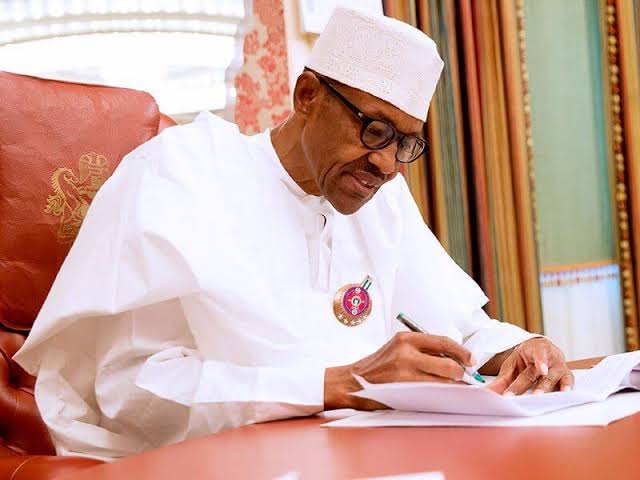The Federal Executive Council (FEC) has approved National Blockchain Policy for Nigeria, institutionalising the blockchain technology in the country.
The Minister of Communications and Digital Economy, Professor Isa Pantami, announced this Wednesday while briefing State House reporters after the federal cabinet meeting presided over by President Muhammadu Buhari at the Presidential Villa, Abuja.
He said the approval of the policy meant that the federal government had formally approved the use the blockchain platforms, including the one for crypto-currency, adding however, that relevant agencies are expected to develop appropriate usage and regulatory frameworks.
The minister said a National Steering Council had been established, to be led by the Director-General of the National Information Technology Development Agency (NITDA), with all other relevant federal government agencies and functionaries being represented.
- Buhari has delivered his promises – Presidency
- Drug dealer nabbed for raping 5-year-old girl inside mosque
He said the policy was developed through consultations with 56 institutions and personalities and aims to institutionalize blockchain technology in Nigeria’s economy and security sectors.
Pantami, who added that the National Blockchain Policy was his ministry’s 23rd national policy approved by Council, also disclosed that the policy document for the newly approved policy should be online soon.
“Blockchain technology is relevant to so many sectors in banking, in security, in education, in commerce, among many others. So, regulatory bodies like the Central Bank of Nigeria, Nigerian Communications Commission, Security and Exchange Commission, National Universities Commission have been directed with the approval to come up with the regulatory instruments within their sector for the implementation of the National Blockchain Policy for Nigeria,” he said.
Speaking about the benefits of the policy, Pantami said that Nigeria has become one of the very few countries in the work who have adopted the technology and can partake of the projected $1.76 trillion potential global GDP from it.
He further disclosed that with the adoption of the policy, Nigeria can protect the integrity of most of its critical sectors that are heavily reliant on information and data, including the economy, the education and security sectors, as well as the electoral system.
“We will increase our talent development, discover our young innovators, give them all the necessary support they need, as provided by Nigeria Startup Act 2022 and also ensure the adoption of the technology, particularly as we know blockchain technology ensures information integrity or data integrity.
“It is also applicable even for the Independent National Electoral Commission, where you need to preserve the integrity of data and by the adoption of blockchain technology in the process, we will reach a situation where content or information or data at their disposal cannot be altered,” he added.

 Join Daily Trust WhatsApp Community For Quick Access To News and Happenings Around You.
Join Daily Trust WhatsApp Community For Quick Access To News and Happenings Around You.

